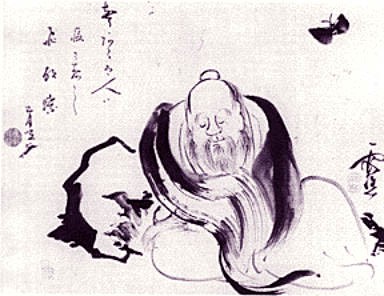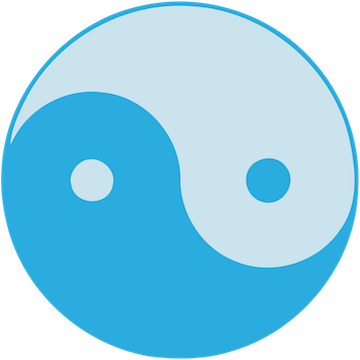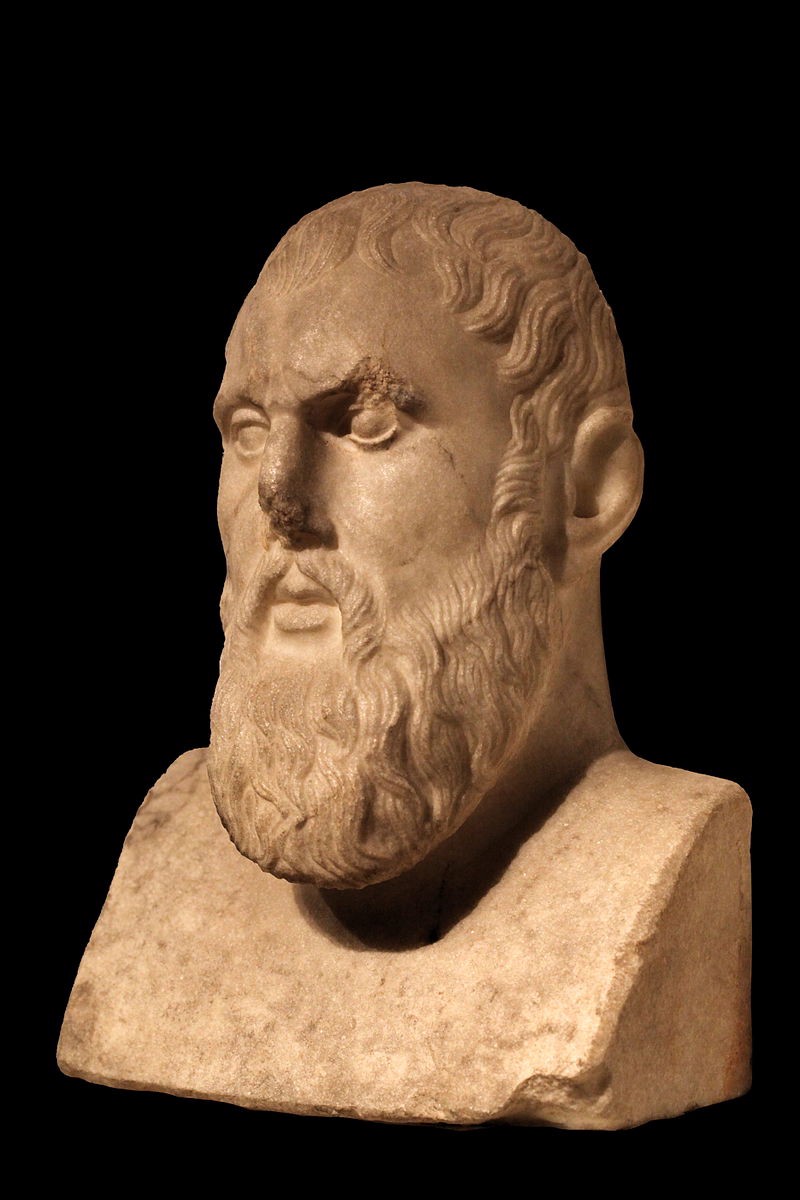
In the great sea of technology and innovation, does ancient Chinese philosophy have anything left to teach us? Or, like ornate calligraphy and old sheets of rice paper, has it become more of a beautiful relic than a useful tool?
Purportedly written by Lao Tzu (a name meaning “Old Master”), the Tao Te Ching expresses the harmonious life, a flowing of the Universe that is above our knowledge, the nature of reality that exist before language and even before thought.
The book (originally, probably a scroll) is brief and written in deceptively plain language. But behind the words, there is a reflection of the “Way,” the cosmic flow which can’t be named or described. Rather, Lao Tzu writes with an enigmatic simplicity, allowing the reader to reflect on the Tao without relying on a reductive definition.

“Great tone has no sound.”
Though simply put, the statement’s irony inspires questions that do not have simple answers.
The Tao Te Ching is one of the foundational text for Taoist philosophy. The other is the Book of Chuang Tzu. While much of the Tao Te Ching is written in short declarative sentences, Chuang Tzu strings together odd stories and parables, some funny, some interesting, and few that are inscrutable. How Chuang Tzu writes, as much as what he writes, reflects something about the nameless harmony in Taoism:
“When horses live on the plain, they eat grass and drink from the streams…This is all horses know how to do. But if you pile poles and yokes on them … they will learn to snap the crossbars, break the yoke, rip the carriage top, champ the bit, and chew the reins”
Many people will take this for granted; indeed, something about this observation seems to reflect an instinctual sort of awareness. A child can observe what state of nature a horse prefers without reading about it in a book or being told.
But I believe that is part of its significance. What Chuang Tzu observes is immediately recognizable to anyone. He’s not attempting to illustrate something unique to horses, but to show how our ability to recognize the innate nature of a horse is itself a kind of innate knowledge.
For a Taoist, the relationship is reciprocal; that is, the faculty that allows us to observe the Tao is actually the Tao itself, a fact which has profound spiritual, ethical, and philosophical implications.
Exploring the nature of this Taoist ability, a sort of mutual recognition, Chuang Tzu compares the sort of physical implements that corrupt the Tao of a horse with the conceptual implements that corrupt the Tao of a person:
“Knowledge enables men to fashion pitfalls, snares, cages, traps … but when this happens the beasts flee in confusion to the swamps. And the flood of rhetoric that enables men to bewilder the understanding of common men. So the world is dulled and darkened by great confusion.”
Chuang Tzu is not disparaging the concept of knowledge (which would be pretty hypocritical for a philosopher). Rather, he’s thinking about the forms of “knowledge” that tend to surround our lives. For example, our alarm clocks offer us a knowledge about the time (and our obligation to go to work); social networks give us knowledge about our friends (and our obligation to facilitate their interest), and so on.
Do such forms of “knowledge” truly improve our lives. Or, by accepting successive obligations, do we use technology to place “poles and yokes” onto ourselves as further burdens, corrupting our Tao, removing us further from what we truly desire.
Chuang Tzu ask us to reflect on what we desire before we consciously think about what we desire. If the technologies we adopt make our life better, then great. But reading Chuang Tzu will help us not be deceived, so that we can tell the difference between efficiency and distraction.
Perhaps by observing the Tao of the unencumbered horse, Chuang Tzu provides insight into what we might truly want, if relieved from the pressures entailed by modern conveniences.
